data collection
Latest
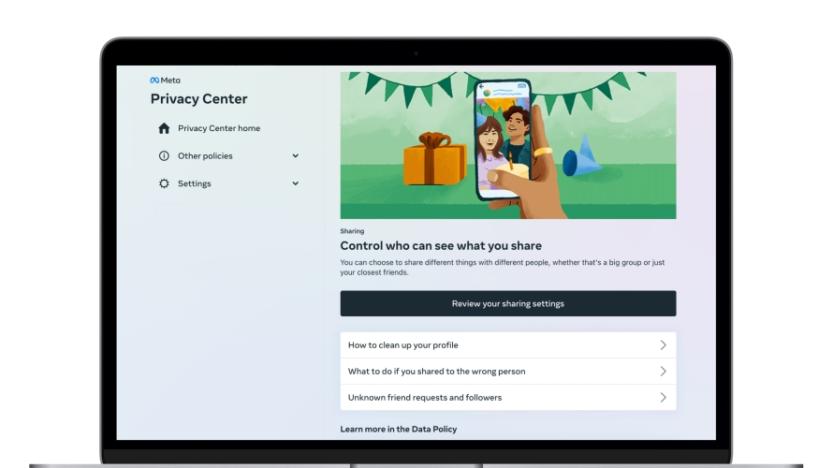
Facebook's new Privacy Center explains how the company handles data collection
The other topics that users can read up on are data use, ads, sharing and security.
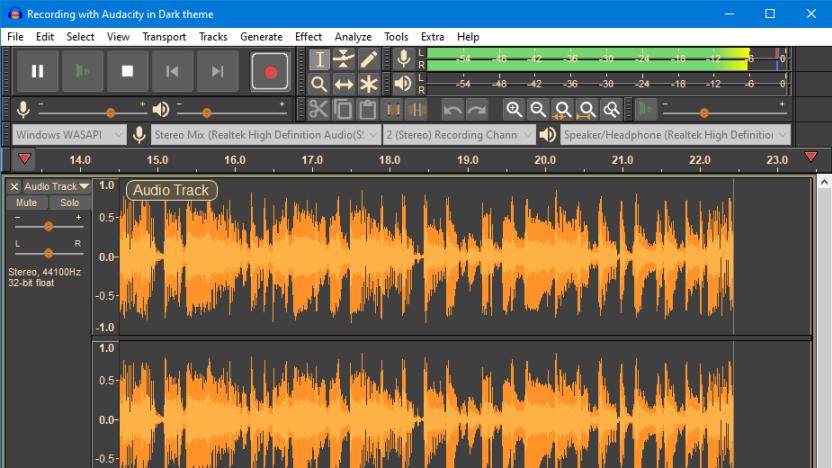
Audacity owner will revise its privacy policy following spyware concerns
Muse Group says it won't sell the 'very limited' user data it will collect.

Audacity sparks uproar over new data collection policy
Some users are calling the audio-editing app 'spyware.'

Facebook ordered to stop collecting data on German WhatsApp users
An emergency ban will be in place for three months.
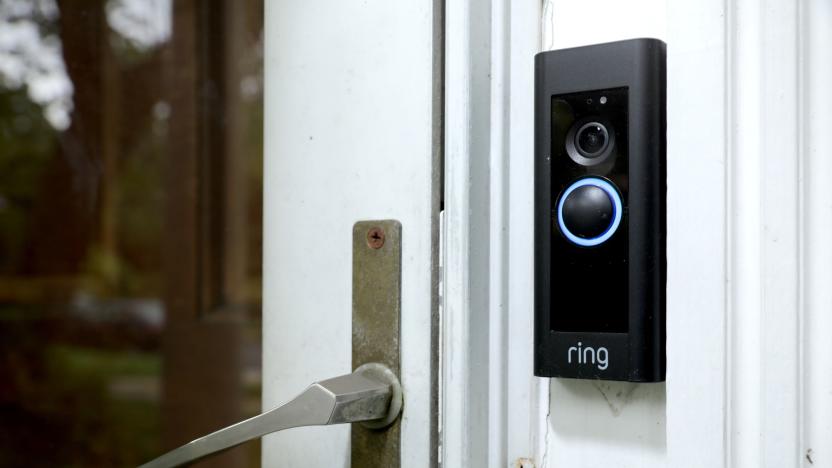
Ring temporarily pauses most third-party data collection
Ring promised to give users more control over their privacy -- and the company seems to be making an honest effort. After The Electronic Frontier Foundation discovered that Ring's apps were sharing data with third parties, Ring allowed users to opt out of certain data sharing practices -- as well as police video requests. Now, the company is pausing its use of "most third-party analytics services" for the Ring apps and website while it works on a better solution.
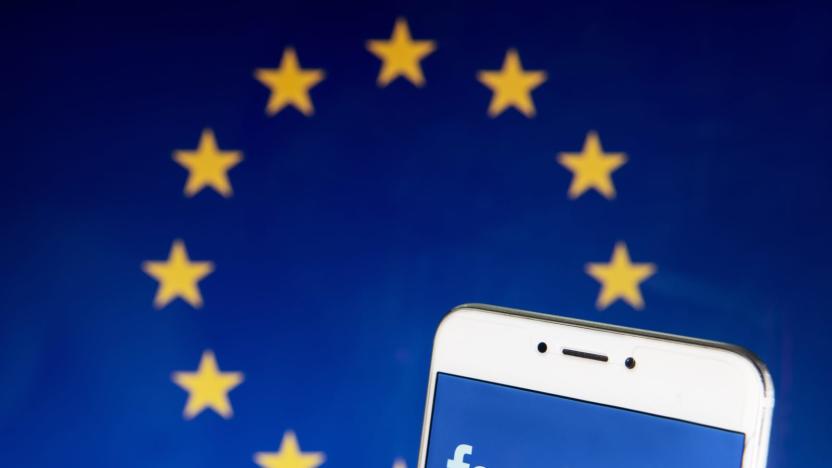
Facebook is facing an EU investigation over data collection
Google isn't the only tech giant facing an investigation from European Union antitrust regulators over data collection and monetization. The European Commission has Facebook in its sights too.
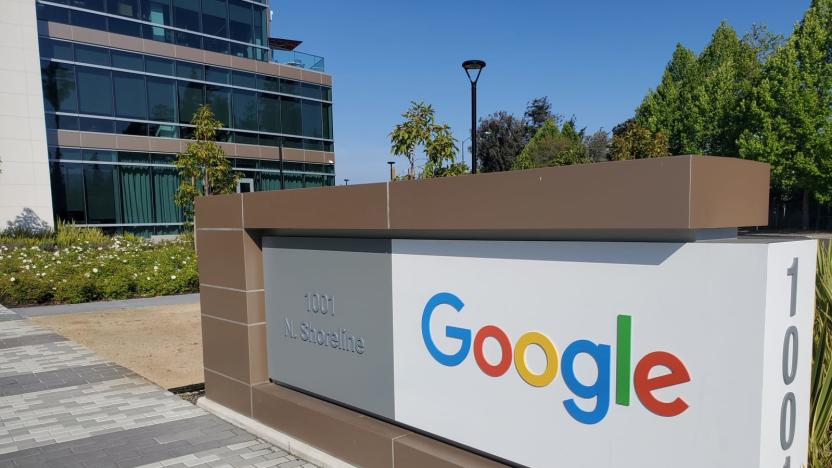
Google tries to explain its controversial health data collection program
Google is belatedly trying to explain its controversial "Project Nightingale" health care data collection program after it was revealed by a WSJ investigation. The search giant previously said that it's legally collecting data from the hospital chain Ascension under a so-called business associate agreement (BAA), which allows it to share some patient info under current health privacy laws. However, Congress wants to know exactly what it's doing with the data, so Google has elaborated further in a blog post.

Contractors say they were told to lie while collecting Pixel 4 face scans
This summer, we learned that Google had embarked on a wide scale project to collect facial recognition data, which the company said was necessary to build "fairness" into face unlocking for its Pixel 4, which will be officially unveiled on October 15th. A new report from the New York Daily News has more details on where Google sent people to collect that data, and what they were told to do by the company that hired them as contractors for the project. The people collecting the data worked as TVCs -- the "temporary, vendor and contractors" who outnumber Google's own employees on the company's roster -- for an employment firm called Randstad. While the statement Google gave to media this summer indicated that participants signed a consent form allowing for the use of their data, including everything from infrared response to how they picked up the phone from the table, temp workers the paper talked to said they were trained to be pushy, and even lie to people about what was going on. Google told the News that it was investigating claims that "dubious" tactics were used, as the reporters cited several people who said they participated without any clear idea of what was going on or who the data was for. According to the contractors cited, they had a mandate to pursue "darker skin tones," which included pushes to collect scans from homeless people and college students -- the former because they'd be less likely to talk to the media, and all of them because they'd be willing to do it in exchange for $5 Starbucks gift cards.
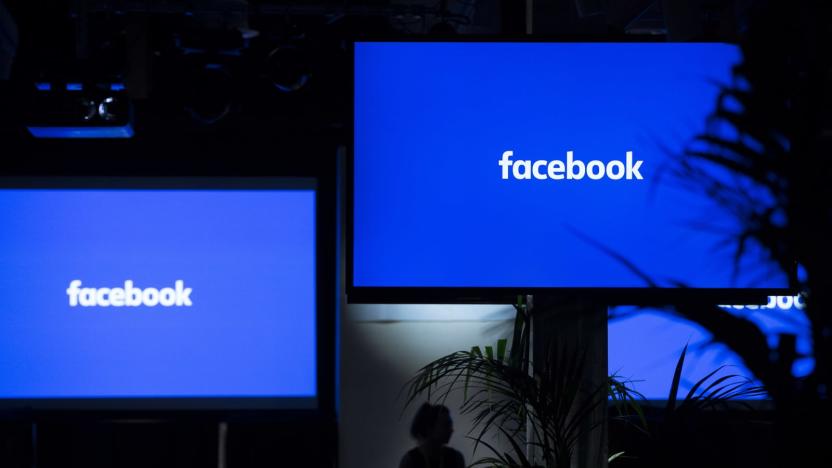
New York AG is investigating Facebook over email contact scraping
The New York attorney general's office will investigate Facebook's "unauthorized collection of 1.5M of their users' email contact databases." Earlier this month, it emerged the company had been scraping the contact lists of some users who joined the service after 2016.
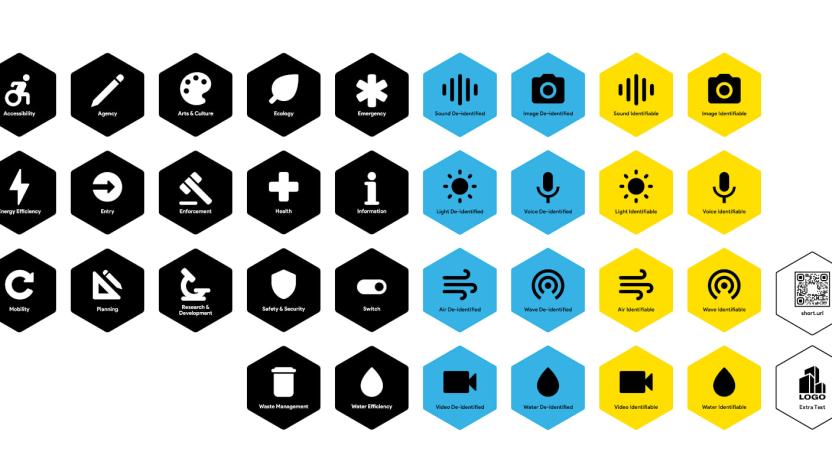
Sidewalk Labs' street signs alert people to data collection in use
As Sidewalk Labs builds its "smart city" in Toronto, there have been growing concerns that the sensor and camera-laden neighborhood may invade the privacy of citizens. To deal with some of those issues, the subsidiary of Alphabet announced today that it is working on creating icons that would help people better understand the technology they run into while navigating cities. The images would be displayed on hexagon-shaped signs that would highlight what type of data is being collected in an area and how it is being used.

Multiple iOS apps are reportedly sharing sensitive data with Facebook (updated)
At least 11 popular apps are reportedly sharing people's sensitive data with Facebook, even if they don't have an account on the social network. The Wall Street Journal found that apps which can help track personal information such as body weight, menstrual cycles and pregnancy are sending such details to Facebook.

Facebook shuts down Onavo VPN app following privacy scandal
Facebook has axed the Onavo VPN app for Android, pulling it from Google Play half a year after it yanked the iOS version from the Apple App Store. While Onavo was technically a VPN app that promised to limit other applications from using too much data and to keep users' personal information protected behind a secure network, the company also used it for market research.

UK report says GCHQ spying wasn't illegal, but lacked transparency
UK data surveillance programs, including the bulk collection of data from ISPs, have been declared legal by a parliamentary committee. However, it also found them "overly complicated" and lacking in transparency. The report from the Intelligence and Security Committee (ISC) probed GCHQ initiatives that tapped massive amounts of emails and other private "upstream" data, often in conjunction with the NSA's PRISM program. The extent of the UK's involvement in that program was revealed by whistleblower Edward Snowden in 2013.

The NSA is recording all cellphone calls in the Bahamas
You might want to be careful of what you say over the phone the next time you visit the Bahamas. According to The Intercept, NSA documents leaked by Edward Snowden reveal that the security agency is not just listening to all mobile calls made to, from and within the island nation, but also recording and archiving them for up to a month. Apparently the access was legally obtained via the US Drug Enforcement Administration and is part of a top-secret program called SOMALGET, which itself is a piece of MYSTIC, a larger NSA program that The Washington Post wrote about in March. While MYSTIC can detect metadata such as the time, location and date of the call, SOMALGET can supposedly store "full-take audio" or the call's entire contents.

The NSA can reportedly collect 100 percent of an unnamed country's phone calls
The NSA is capable of recording 100 percent of a country's telephone calls, according to sources who spoke with The Washington Post. Adding to the intrigue, the Post says it's "withholding details that could be used to identify the country where the system is being employed," implying that this surveillance method is used outside the US. It's also unclear whether the NSA's so-called MYSTIC voice-interception program (yep, that's the emblem above) is actually recording 100 percent of this country's calls, or whether it simply has the ability.

UK patients' data uploaded to Google servers, serious privacy concerns ensue (update)
The National Health Service (NHS) of England has come under fire lately amid plans to share patient data with researchers and private companies, and today's revelation will only pile on the privacy concerns. The Guardian reports that extensive patient information from its HES (hospital episode statistics) data has been uploaded to Google servers. Patients' stats -- including their addresses, hospital records and more -- was uploaded to Google's BigQuery analytics tool by management consulting firm PA Consulting. The fact that sensitive patient data has been uploaded -- to Google servers outside of the European Union, no less -- may be a huge breach in and of itself, but members of Parliament and patient groups are also questioning exactly how much data has been shared. PA Consulting said it produced interactive maps of hospital data, which implies that location info from patients' files was disclosed. And according to The Independent, patient information has been used by marketers to "target ads on social media." Clearly, there are many unanswered questions here, though more details are likely to emerge as the UK's Health and Social Care Information Center (HSCIC) investigates.

Canadian spy agency used airport WiFi to track travelers
Questionable data collection isn't just for the US and Britain -- according to CBC News, Canada's own spy agency may have been tracking its citizens illegally too. Documents allegedly provided by Edward Snowden show that Communications Security Establishment Canada (CSEC) collected metadata from thousands of Canadian travelers by tapping into a major airport's free WiFi service. In addition to revealing that the data was collected over a two-week period, the report shows that CSEC was able to use the metadata to digitally follow travelers as their devices passed through other WiFi hotspots in both Canada and the US. CSEC claims that "no Canadian or foreign travelers' movements were 'tracked,'" which technically, might be correct. While the documents explained how the data was collected and what it can be used for, the report doesn't mention any subjects by name. In fact, the documents say the operation was just a test -- a trial run for an advanced tracking program CSEC is developing with the help of the NSA. Although its not clear how much access the NSA will have to the software once it's completed, its motives for supporting the project seem clear. After all, according to the US judicial system, collecting cell phone metadata is completely legal down here. [Image credit: Charleston's TheDigital, Flickr]
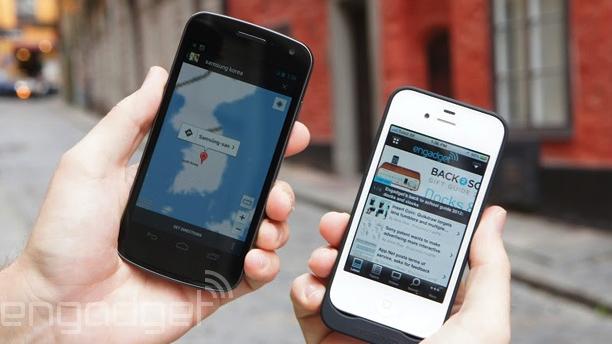
NSA cites executive order to defend its collection of cellphone location data
The 5 billion cellphone location records the NSA's reportedly collecting daily? Don't expect an apology. While it's hard to sustain shock and disbelief when we've been hearing new details about the government's information collecting for months now, the National Security Agency saw fit to address concerns about the so-called Co-Traveler program in a statement today. The gist: The collection of massive amounts of location data is incidental in the agency's effort to "collect foreign intelligence information that is relevant to national security." Interestingly, the statement references a Reagan-era executive order (12333, if you want to dig deep) to vindicate the agency's data-collection practices. That executive order, authorized in 1981, authorizes the collection of foreign intelligence information relevant to the nation's safety through means "consistent with applicable United States law." Additionally, the statement asserts that these surveillance activities don't violate FISA. The bottom line, though, is that the NSA won't be doubling back on its data collecting any time soon.

RIFT's single most engaged in activity is artifact harvesting
Trion data guru Barish Orhon is the author of the latest RIFT-centric dev blog. The piece touches on Trion's propensity for collecting game-related data and using it to improve the player experience. Topics include data collection systems as well as insight into the firm's daily activity report. Said report tells Trion "how a game is doing day-to-day, week-to-week, but it also breaks down every in-game activity by user." The post also provides a couple of interesting case studies as well as the answer to what is RIFT's single most engaged in activity (harvesting artifacts).

Tiny fraction of required 270 million Facebook users squeak 'no' to changes
Facebook users rebuked proposed privacy changes in a vote on Friday -- to the tune of 87 percent -- but a thousand times higher turnout was needed for it to matter. As such, the company will likely proceed with the additions, which it said were needed to clarify current policies for European and US regulators. However, the company was sufficiently chastened by the anemic turnout of 342,600 voters to state that it was "pretty disappointing," and spokeswoman Jame Schopflin said in the future, they will consider the vote "advisory" if numbers were too low. Still, groups like Our Policy who started the petition for this referendum might want to pick their battles better next time.









